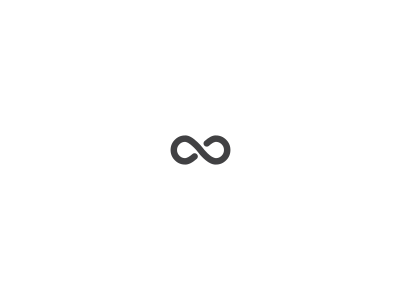
Getting a pre-approval for a mortgage should be your first step in the home-buying process as it will give you an idea of what kind of home you can afford. Having pre-approved status may also give you more negotiating power with the seller, as the seller will perceive you as a more serious buyer. Getting the right type of mortgage financing for your circumstances can save you lots of money in the long run as well.
FIXED VS. VARIABLE RATE
When you get mortgage financing for a property you have to pay interest to a lender for borrowing money from them. Lenders offer different options to calculate the interest you will pay
Fixed-rate
A fixed-rate mortgage is one where the interest rate does not change throughout the loan term. Your payments will not fluctuate. A fixed-rate mortgage assures you the same interest rate will be applied to the loan throughout the term of the mortgage, so you know exactly how much your payments will be throughout the term of a loan.
Pro tip
It’s a good idea if you think there is a good chance that market interest rates will go up over the term of your mortgage.
Variable Rate
A variable-rate mortgage is one where the interest rate may increase or decrease from time to time. If interest rates go down, more of your payment will go towards the loan principal so you’ll pay off the mortgage faster. However, if interest rates go up so will your monthly payments.
What you can do if interest rates rise
Ask your lender if they offer an interest rate cap or a convertibility feature. For more details please click here.
OPEN VS. CLOSED TERM
Open term
An open-term mortgage allows you to make additional payments to the borrowed amount at your own leisure, without notice or penalty. The interest rate is often higher because of the added flexibility.
Closed term
A closed-term mortgage cannot be repaid beyond the allowable prepayment privileges nor can it be renegotiated prior to the end of your selected term without having to pay penalties. You’ll likely pay lower interest rates with a closed-term mortgage.
HIGH RATIO VS CONVENTIONAL
High ratio
A high-ratio mortgage is a loan for more than 80% of the property value. Usually available to first-time buyers only, this type of mortgage must be insured by CMHC, Genworth Financial, or Canada Guarantee. This insurance protects lenders against default. For more details on the costs associated with this type of insurance please see the FAQ below.
Conventional
A conventional mortgage is a loan for up to 80% of the property value. Conventional mortgages do not require any mortgage insurance.
FAQ’s
What is CHMC mortgage loan insurance? Mortgage loan insurance is required by lenders when homebuyers make a down payment of less than 20% of the purchase price. It enables consumers to purchase homes with a minimum down payment of 5%. For more on CMCH insurance please click here.
Mortgage brokers vs banks
Mortgage brokers
One of the main benefits of using mortgage brokers is that they have access to, and knowledge of, the entire mortgage market. They can advise which lenders will consider your case, and which lenders will not, based on your personal circumstances. This is particularly useful for people with less-than-perfect credit ratings. Mortgage brokers also have access to lenders who specialize in servicing people with adverse credit and can leverage relationships with mainstream banks. They may also have access to exclusive deals not available on the open market, or negotiate a better interest rate in some cases.
Banks
One of the main benefits of working with a bank is that you are dealing with a large financial institution that is stable and trustworthy. Most of the time you would already have an ongoing relationship with a bank that can supply you with a wider financial view about a number of financial products.
MORTGAGE TERM AND AMORTIZATION
Term
The mortgage term is the period of time that the mortgage agreement at your agreed interest rate is in effect. Typically, shorter mortgage terms will give you better rates. Once your mortgage term is up you can choose to renew your contract with your current lender at the rates and terms that they offer. If you aren’t satisfied with their offer, you can move on to another lender. If you decide to switch lenders you would have to apply for a mortgage as you did when you purchased the property. That can be a deterrent due to a change in income, credit score or lending practices.
Amortization
The mortgage amortization period is the amount of time it will take you to pay off the full amount of the loan. Currently, the maximum amortization period is 30 years (with 20% down) or 25 (with less than 20% down)
Want to read more about the home-buying process? Check out these posts for buyers:
- Mortgage and land transfer tax calculators
- Important info for first-time homebuyers
- Buyer closing costs
Questions? Get in touch!
Don’t like filling out forms? Feel free to call, text, or email me. My cell phone number is 647-830-5210 and my email is info@igorveric.com

